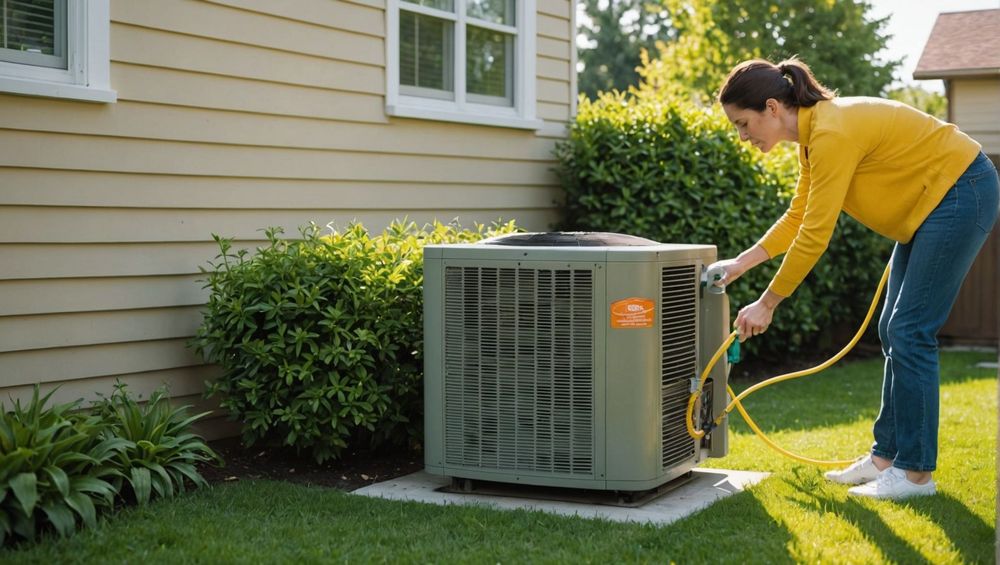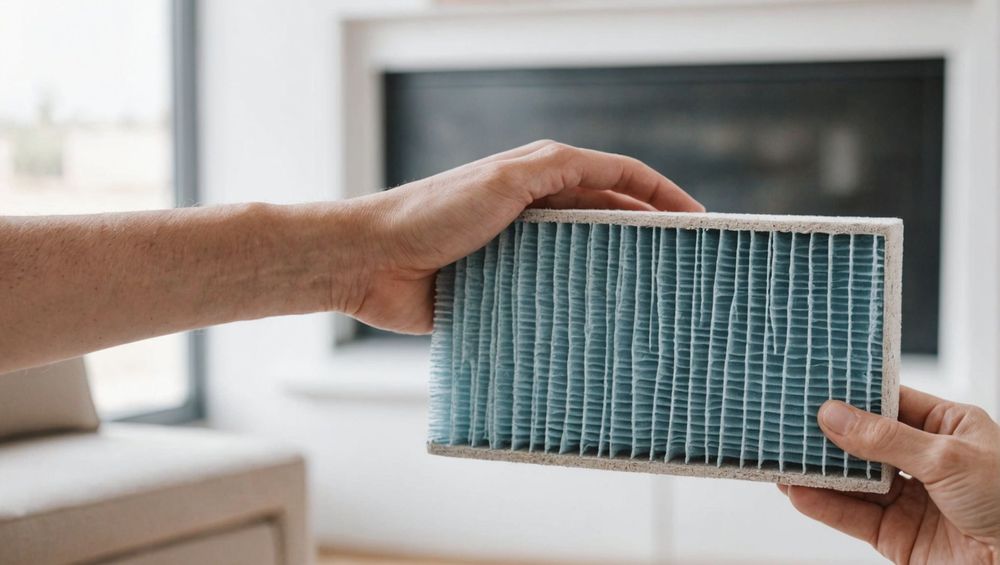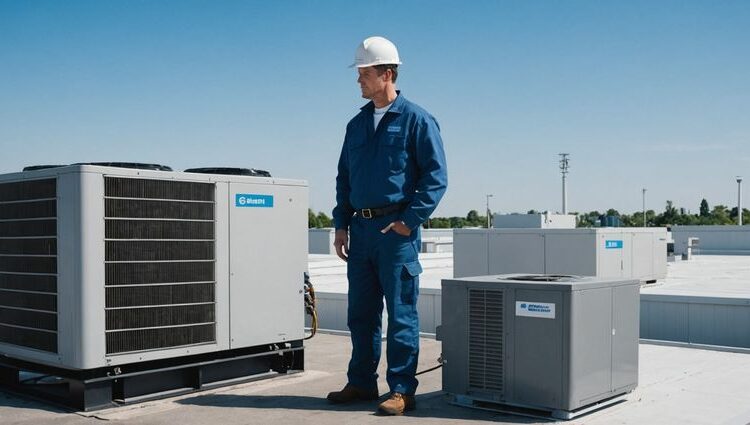Cleaning your air conditioner is essential for maintaining its efficiency and ensuring a cool, comfortable environment during the hot summer months. Regular maintenance helps in preventing breakdowns and prolongs the lifespan of your unit. In this article, we will explore practical steps for cleaning your air conditioner, along with tips to keep it functioning optimally throughout the summer.
Why Is Cleaning an Air Conditioner Important?

The importance of cleaning your air conditioner cannot be understated. A clean air conditioning unit not only operates more efficiently but also improves the overall air quality in your home. When dust and debris build up in your unit, they can obstruct airflow and strain the system, leading to higher energy bills and potential breakdowns. Additionally, a dirty filter can circulate allergens and pollutants, negatively impacting your indoor air quality. Regular cleaning helps to avoid these issues, ensuring that your air conditioner cools your space effectively while maintaining energy efficiency. Furthermore, it can help prevent costly repairs in the future by catching minor problems early on.
Step-by-Step Guide to Clean Your Air Conditioner

Cleaning your air conditioner involves several steps to ensure all parts are functioning optimally. Here’s a straightforward guide:
- Turn Off the Power: Before you begin, ensure that the air conditioner is completely powered down to avoid any electrical hazards.
- Clean or Replace the Air Filters: Check the filters and clean them with warm, soapy water. If they are too dirty or damaged, it is best to replace them. A clean filter promotes better airflow and efficiency.
- Dust the Grills and Vents: Use a soft brush or cloth to gently wipe down the grills and vents to remove any dust build-up.
- Clean the Coils: Carefully clean the evaporator and condenser coils using a coil cleaner or a mixture of mild detergent and water. Rinsing with water is also effective; just ensure everything is dry afterward.
- Inspect the Drainage System: Ensure that the drainage channels are clear and free from any blockages. You may want to use a wet/dry vacuum to remove any debris.
- Finish with a Test Run: Once everything is clean and dry, turn on your air conditioner to ensure it’s running smoothly. Check for improved airflow and cooling.
Tips to Keep Your Air Conditioner Running Smoothly
Maintaining your air conditioner after cleaning is crucial for ensuring longevity and efficiency. Here are some invaluable tips:
- Regular Schedule: Aim to clean your air conditioner at least twice a year – ideally in spring and fall.
- Monitor Filters: Depending on your usage and environment, check filters monthly and clean or replace them as needed.
- Keep Surrounding Areas Clear: Ensure that there is adequate airflow around your outdoor unit by keeping the surrounding area free of debris, leaves, and plants.
- Invest in Professional Maintenance: Consider hiring a professional to inspect and service your unit at least once a year to catch any potential issues before they escalate.
- Set an Optimal Temperature: Keeping your thermostat set at a reasonable temperature can help reduce strain on the AC and increase efficiency.
Common Problems and Solutions
Despite regular cleaning, air conditioners can still face issues. Here are several common problems and their solutions:
- Insufficient Cooling: May indicate dirty coils or filters. Clean these components thoroughly.
- Strange Noises: Banging or clanking noises might suggest loose parts or ice buildup. Perform a thorough inspection.
- Increased Energy Bills: Points to possible inefficiency due to poor maintenance. Review your cleaning habits and schedule.
- Water Leaks: This could result from clogged drains or low refrigerant. Clean the drain and consult a technician if the problem persists.
- Bad Odors: Can often be resolved by replacing dirty filters or checking for mold. Perform a basic cleaning.
Conclusion
Cleaning your air conditioner is a straightforward yet essential task that ensures your home remains a cool oasis throughout the summer. By following the steps outlined and maintaining a regular cleaning schedule, you can optimize your air conditioning unit’s performance, enhance your indoor air quality, and prevent costly repairs down the line. Protect your investment and enjoy a comfortable home by prioritizing air conditioner maintenance this season!
FAQs
1. How often should I clean my air conditioner?
You should clean your air conditioner at least twice a year, ideally in spring and fall. Monitoring filters more frequently, at least monthly, is also advised.
2. Can I clean my air conditioner myself?
Yes, many aspects of air conditioner cleaning can be done yourself, such as changing filters and cleaning dust off vents. However, for comprehensive inspections, consider hiring a professional.
3. What tools do I need to clean my air conditioner?
Basic tools include a vacuum cleaner, a soft brush, a hose, duct tape, and a cleaning solution for the coils. Make sure to have gloves and goggles for protection as well.
4. Why is my air conditioner making a strange noise?
Strange noises can indicate several problems, from debris in the fan to issues with the compressor or ductwork. A thorough check is essential to identify the underlying cause.
5. How do I know if my air conditioner is inefficient?
Signs of inefficiency include unusual spikes in your energy bill, insufficient cooling, or longer run times. Regular maintenance and cleaning can help prevent these issues from occurring.
